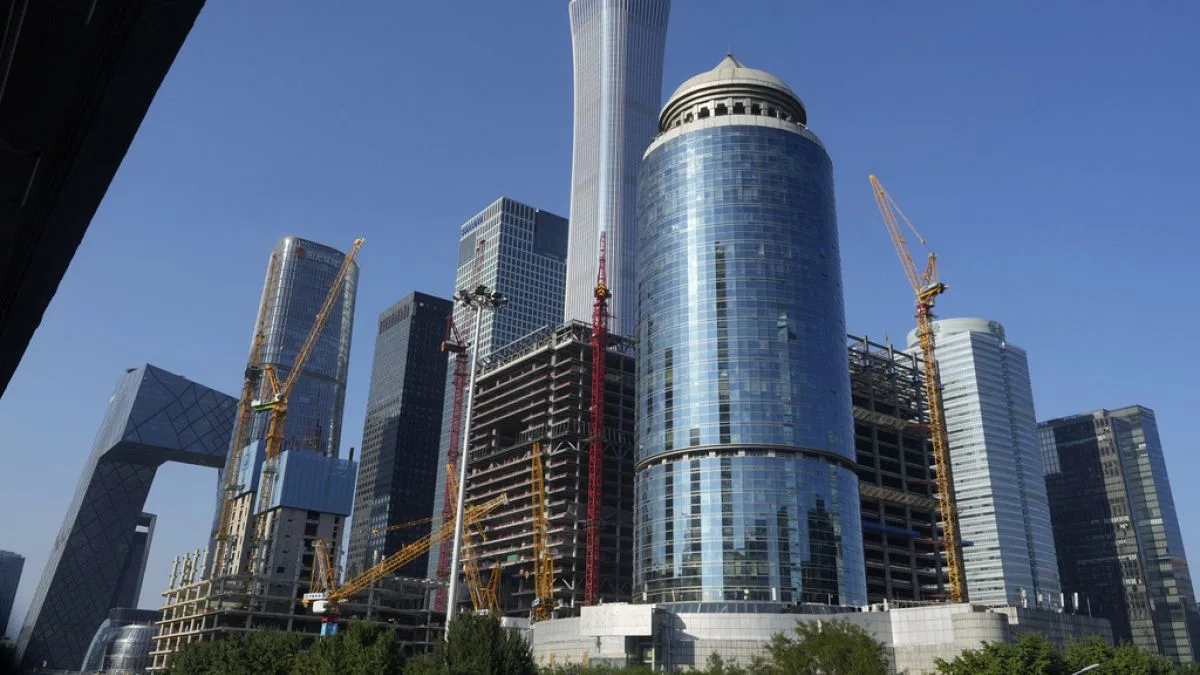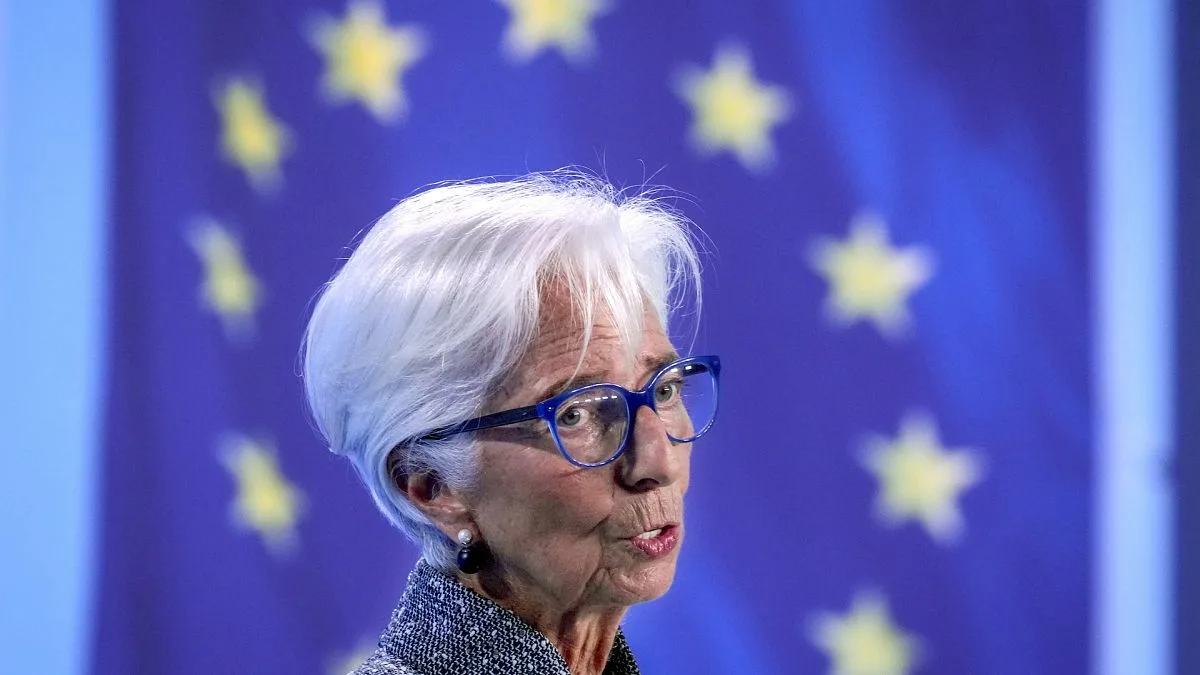Despite the lifting of Covid restrictions at the end of 2022, China’s economy continues to struggle, with consumer confidence dwindling and the property market acting as a significant drag on overall growth.
In the latest quarter, China’s economy expanded at an annual rate of 4.6% from July to September, slightly lower than the 4.7% growth recorded in the previous quarter. This growth rate fell short of the official target of around 5% for 2024, a figure many analysts deem overly ambitious without further measures to stimulate consumer demand and rejuvenate the struggling property sector.
The National Bureau of Statistics has stated that the economy remains “generally stable with steady progress” despite navigating a “complicated and severe external environment” along with domestic economic challenges.
In the first three quarters of the year, the economy’s growth reached 4.8%, with a quarterly growth of 0.9% in the period ending in September, an improvement from the previous quarter’s 0.7% growth. While factory output rose by 5.8% and retail sales grew by 3.3% compared to last year, the property sector remains problematic. Property investments plummeted by 10.1%, and new home sales tumbled by 22.7%, highlighting the ongoing weakness in this critical market.
Meanwhile, September’s export figures showed a significant slowdown, with a mere 2.4% increase in dollar terms compared to a year earlier, down from 8.7% growth in August. Imports also fell short of expectations, only growing by 0.3%.
Measures to Boost China’s Economy
In response to these challenges, Chinese policymakers have recently introduced a series of initiatives aimed at revitalizing the economy. These measures include lowering mortgage rates for current homeowners and enabling banks to lend more by easing reserve requirements.
However, more substantial stimulus plans, which many analysts and investors believe are necessary for a significant economic uplift, have yet to be proposed by Beijing.
Zichun Huang from Capital Economics suggested that while fiscal stimulus could narrowly help meet the annual growth target this year, it may not prevent a slowdown by the end of next year. Despite improvements in retail sales and industrial output, the housing market is still in a slump, with declining sales volumes and falling home prices.
Recent real estate measures, such as increasing financing for approved housing projects, are anticipated to have minimal impact on revitalizing the sector or the broader economy, Huang warned. The government’s efforts to stimulate growth remain largely fragmented.
Banks Reduce Deposit Rates
On Friday, major state-run banks in China decreased their deposit rates, reducing the rate for demand deposits from 0.15% to 0.1% and for longer-term deposits from 1.35% to 1.1%.
Concurrently, the central bank issued guidelines for state banks to extend loans to corporations and major shareholders for stock repurchases, aimed at stabilizing China’s underperforming share markets. These loans, limited to 21 designated financial institutions, will carry a maximum interest rate of 2.25%, with a commitment to strict oversight of the initiative.
Following this announcement, the Shanghai Composite index rallied, rising by 2.1%, and the benchmark index in Shenzhen increased by 2.4%. Over the past three months, Shanghai’s benchmark has gained 9%, although it faced volatility after initial government measures aimed at counteracting the economic slowdown, leading to disappointment due to the absence of significant fiscal spending initiatives.
Photo credit & article inspired by: Euronews



